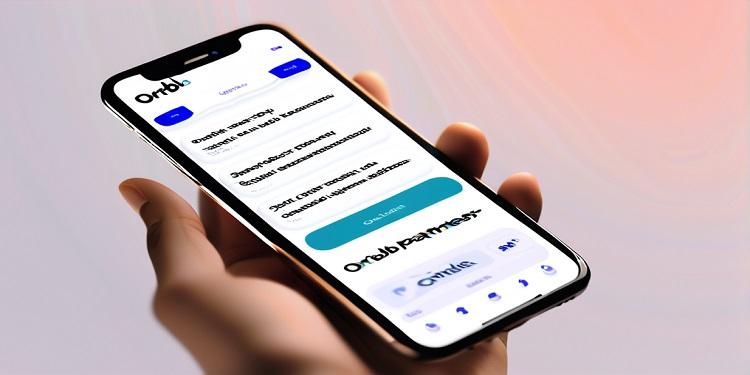 Pharmaceutical firm Merck KGaA has received a patent from the US patent and trademark office for a system that combines artificial intelligence (AI) and blockchain technology to “protect integrity of supply chains and avoid counterfeit.” The latest patent highlights a system which enables linking tangible goods to a blockchain, turning them into what Merck refers to as a “crypto-object.”
Pharmaceutical firm Merck KGaA has received a patent from the US patent and trademark office for a system that combines artificial intelligence (AI) and blockchain technology to “protect integrity of supply chains and avoid counterfeit.” The latest patent highlights a system which enables linking tangible goods to a blockchain, turning them into what Merck refers to as a “crypto-object.”
Merck’s media release has mentioned that the visualized technology utilizes machine learning to connect physical objects to a blockchain through standout identifiers called “fingerprints.” Any extraordinary feature of an object can be utilized as its fingerprint, from its geometry to DNA or even chemical signature.
The fingerprinting process is explained by the patent as follows:
“The method comprises (i) receiving object data representing one or more discriminating characteristics of a physical object or a group of physical objects; (ii) processing the object data by means of a machine-learning-based object recognition process to obtain discriminating data representing one or more … virtual representations of the physical object or group of physical objects.”
Once the creation of a fingerprint is completed, the object turns into a crypto-object. Furthermore, time or location information can be added as another level of security. When a vendor or a customer receives the crypto-object, the supplier will be able to “[compare] at least one of the discriminating data … with corresponding reference data stored in one or more repositories with restricted access.”
Merck hopes that storing the fingerprint of a crypto object on a blockchain will enable enterprises to offer a level of “certainty and defense” to its clients. The media release further cites a study from the World Health Organization that assessed over 50% of drugs bought through illegal websites is counterfeit.
The organization is also planning to apply the technology to other sectors beyond pharmaceuticals, quoting a research by the Organization of Economic Co-operation and Development that claims nearly one in four video game consoles and one in five mobile phones shipped worldwide is dubious.
The latest patent is similar to two other patents granted to Merck in June 2018. Patent numbers 10,002,277 and 10,002,362 cover the “integration of physical materials into the digital world, the protection of the corresponding hardware, and … the enhancement of existing security functions.”








